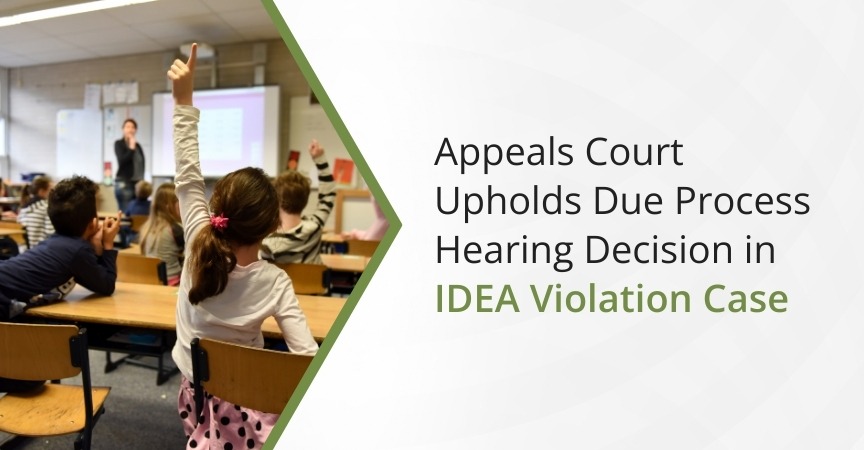A 2024 decision by Judge Otis D. Wright, II, of the Ninth Circuit Court affirmed that the Los Angeles Unified School District (LAUSD) did violate the Individuals with Disabilities Education Act (IDEA) and denied A.O., a child with profound hearing loss in both ears who uses cochlear implants, a free, appropriate public education in the case of Los Angeles Unified School District v. A.O. This ruling, which came after a years-long appeals battle between A.O.’s parents and LAUSD, upholds all aspects of a 2020 decision made by the State of California in a special education administrative due process hearing.
Cochlear implants, unlike hearing aids, do not amplify sound, requiring the development of language and language processing skills once implanted. With appropriate therapies, A.O. would reach the same developmental abilities as her non-hearing-impaired peers. Once she received the surgery, A.O.’s parents met with her school to develop an individualized education plan (IEP) that would guide her language and auditory development. The school proposed placement in a special education preschool classroom for deaf and hard-of-hearing students. A.O.’s parents ultimately rejected the school’s IEP and filed a complaint against the district in 2020 after finding multiple inconsistencies and IDEA violations in the services offered.
IDEA requires school districts to provide a free appropriate public education (FAPE) to students with disabilities. This education must allow students with disabilities to learn side by side with peers as much as possible in a “least restrictive environment.” LAUSD’s proposed action to educate A.O. in a restrictive environment alleged a violation of her right to a FAPE.
After a six-day evidentiary hearing, the administrative law judge in the case ruled that LAUSD’s proposed IEP did not “specify the frequency and duration of proposed speech therapy and audiology services, offer a meaningful educational benefit, or place A.O. in the least restrictive environment appropriate for her,” ordering LAUSD to pay for A.O. to attend a private school with a specialized non-restrictive program to help her develop age-appropriate language skills.
In appeal, the LAUSD filed an action in federal court asserting that the administrative judge had made legal and factual errors. While the court agreed with most of the decisions ruled in the original complaint, the federal judge agreed with LAUSD that A.O.’s IEP did not need to specify whether she would receive individual speech therapy.
A.O.’s parents cross-appealed this decision, and the Ninth Circuit ultimately reversed the district court’s decision that the IEP program did not need to specify individual speech and language therapy, effectively affirming all points made in the original complaint.
Education rights litigation can be among the most complex civil cases due to the exponential situational details of any given case. This case brings to light the discrimination that families of children with disabilities face regularly, demonstrating that knowledge and advocacy remain the best tools to navigate educational rights.
If your child is eligible to receive special education and was not assessed appropriately or was not provided appropriate services, education rights attorney Jennifer Chang will fight vigorously on your child’s behalf. Her offices are located in California in Los Angeles, Buena Park, and San Jose.
